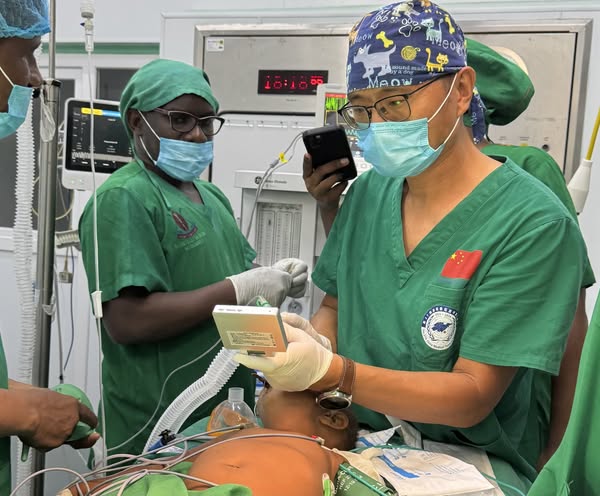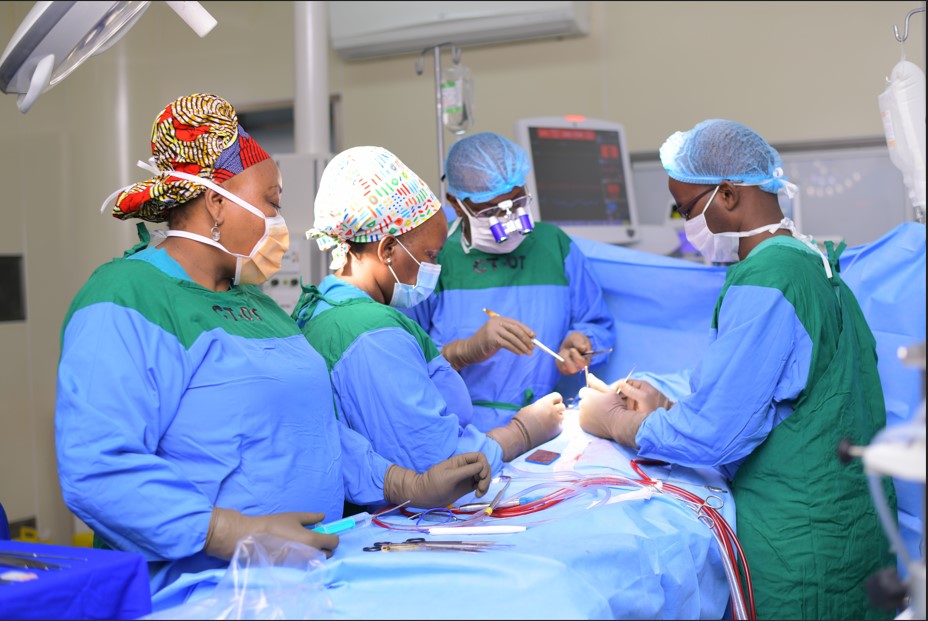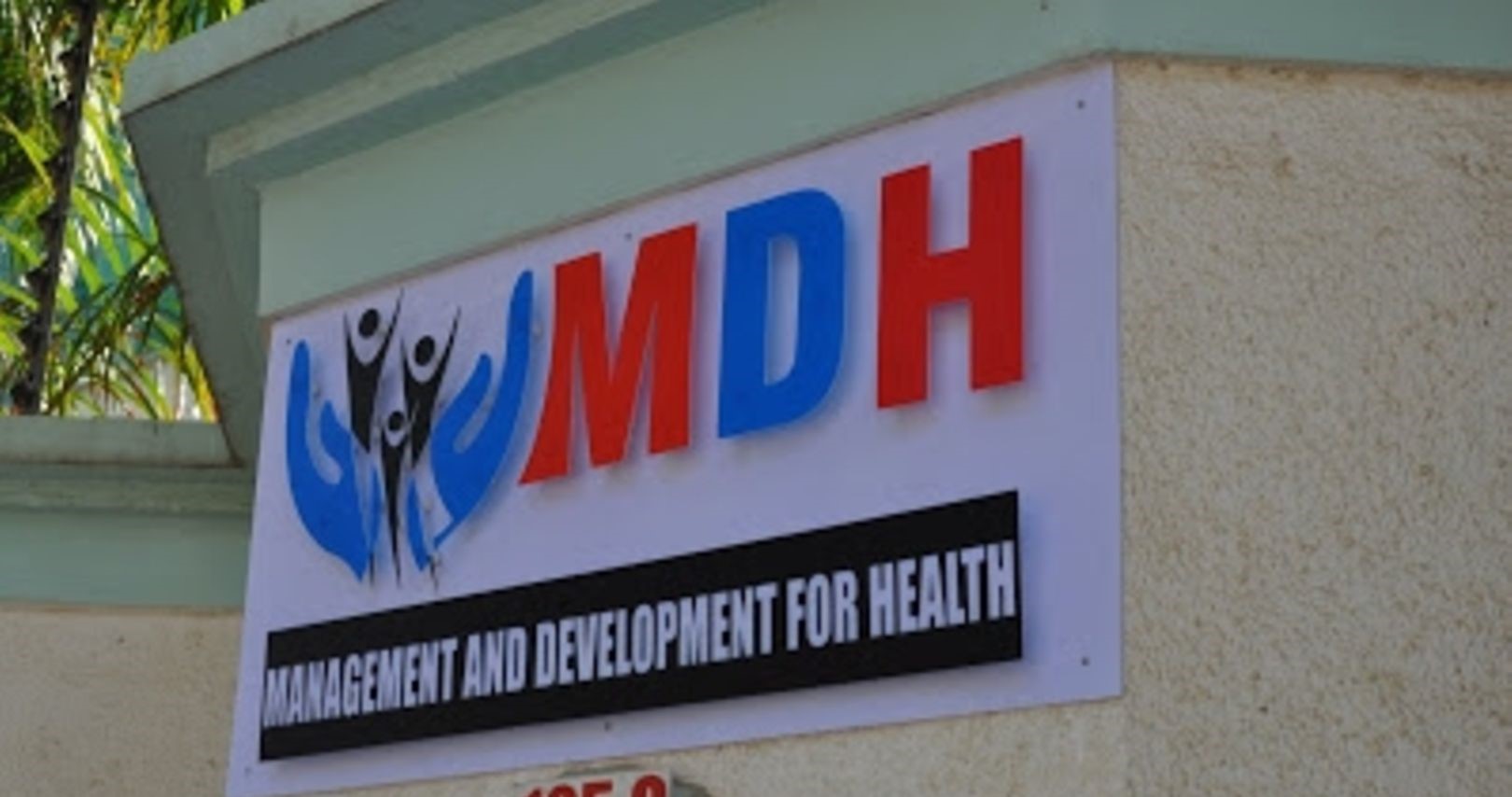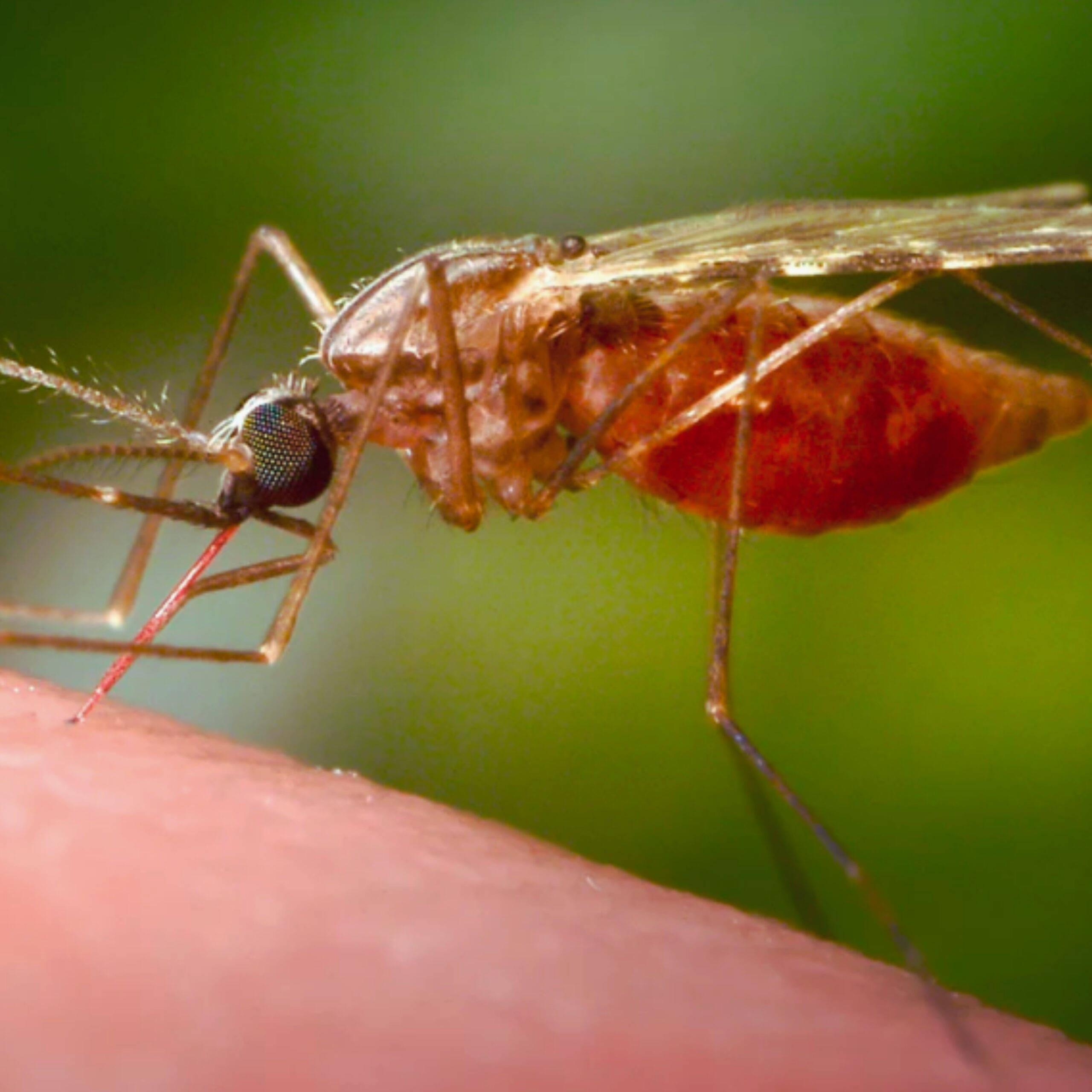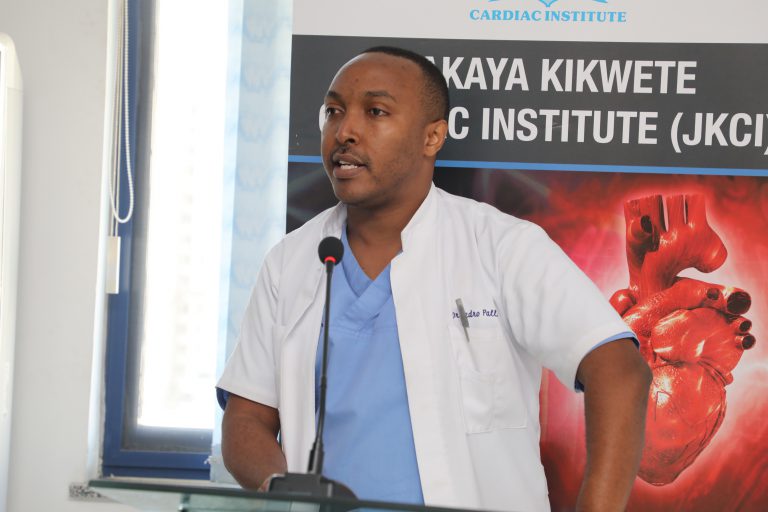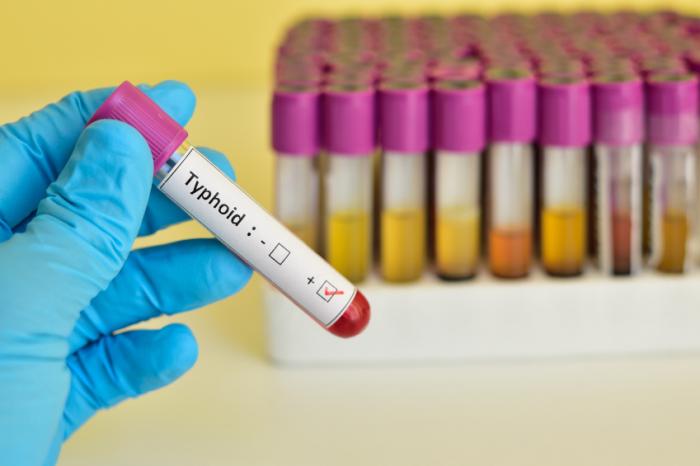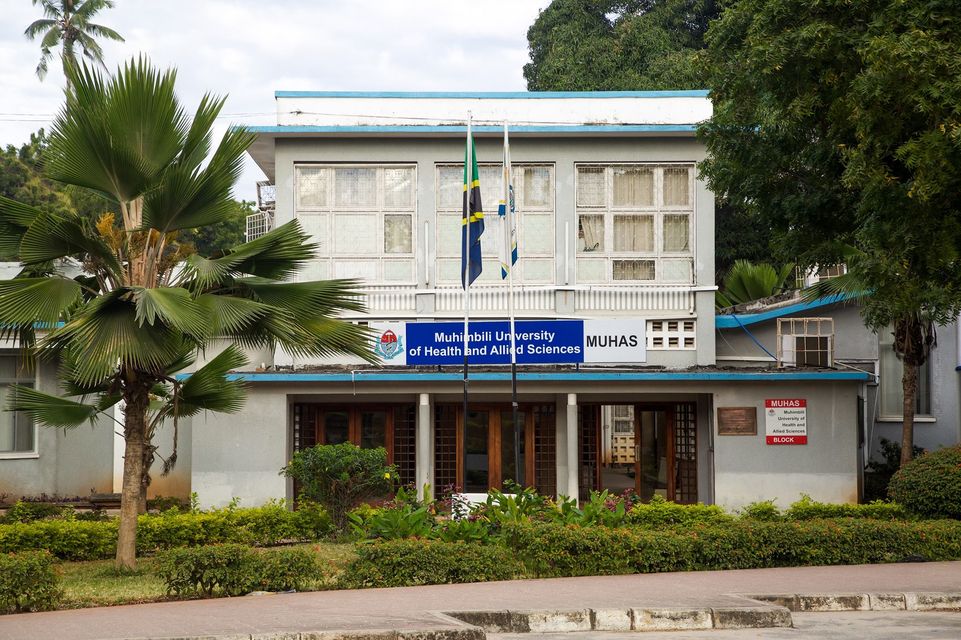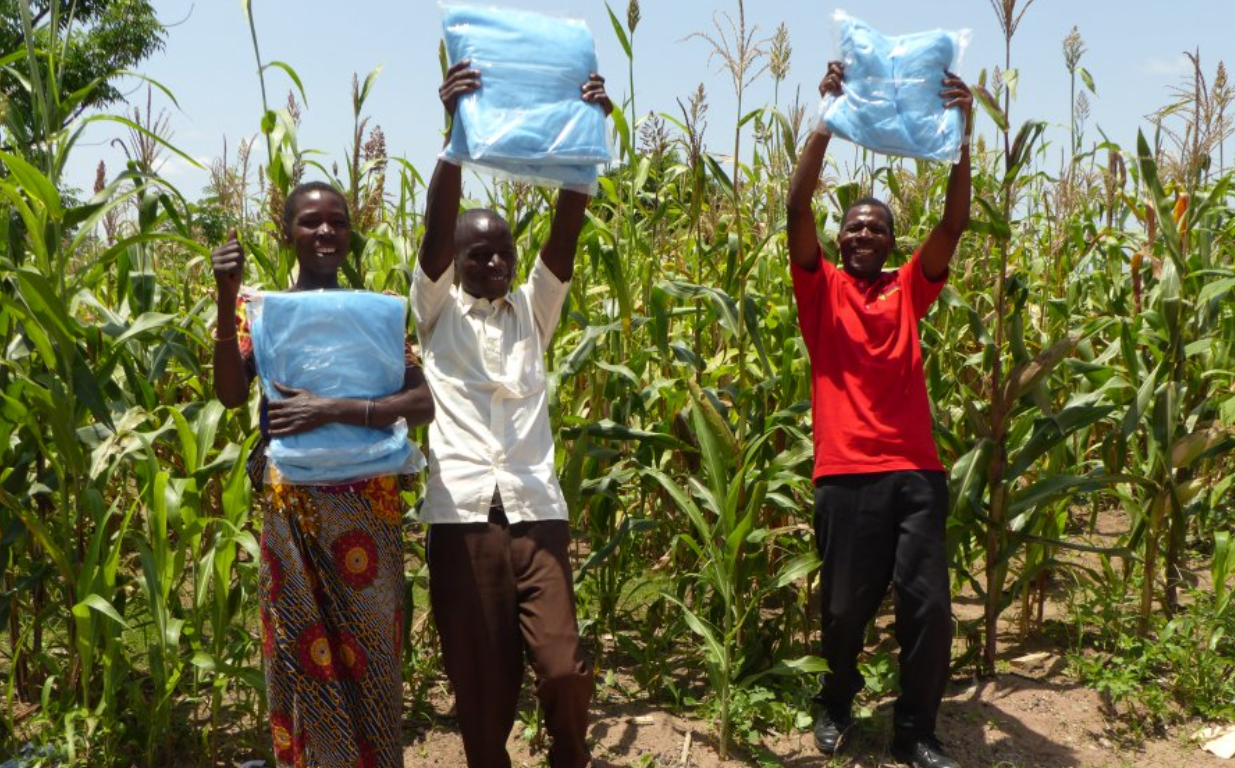Schoolchildren could easily and effectively be protected from malaria with preventive medication if it’s administered to them during their regular school day, says a new study, which offers fresh hope for a cost-effective approach to curbing the malaria burden among vulnerable children.
Tanzania is one of the countries with a high burden of malaria where up to 70% of school-aged children (5-15 years) are infected with malaria without showing symptoms. This makes these children potential contributors to further spread of malaria in their communities. In the long run, the infection also weakens them with anemia and hinders their brain development, ultimately impacting on their school performance.
In finding a solution, an international team of researchers, led by Dr. Geofrey Makenga, a Senior Research Officer at the National Institute for Medical Research (NIMR) Tanga Centre, conducted a year-long study involving over 73,000 pupils from 127 schools.
The pupils received three rounds of a preventative medication as part of the intervention, given before the peak malaria season, with a successful coverage of 80% of the enrolled pupils.
According to Dr. Makenga the intervention resulted in an impressive 80% reduction in malaria infections and a 41% decrease in clinical malaria cases.
The study found the intervention to be even more effective in areas heavily burdened by malaria. In these regions, the intervention dramatically boosted protection against clinical malaria, raising it to 58%.
“The success of the study has led to the endorsement of a policy brief by the Ministry of Health and plans for a wider rollout of the program,” he says,highlighting that the the National Malaria Control Programme (NMCP), with support from the Global Fund mulls implementing the program in four high-burden councils, with further roll out plans.
Findings, which were published in the Malaria Journal revealed that the preventive medication (IPTsc) was not only feasible to implement within existing school health systems but also well-accepted by the community.
Dr. Mercy Chiduo, a Principal Research Officer and the Centre Manager for NIMR’s Tanga Medical Research Centre, and co-author of the study, highlighted the transformative potential of this approach for malaria prevention efforts in Tanzania.
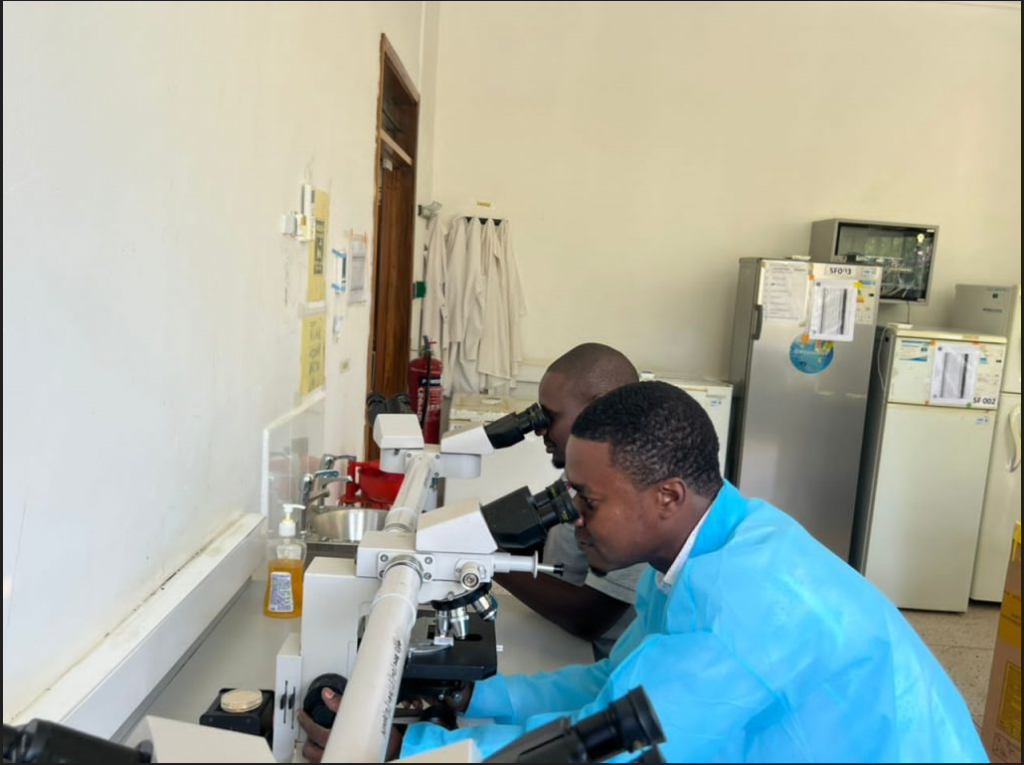
“The involvement of schoolchildren in malaria preventive therapies,” Dr. Chiduo explained, “means adding another group to the already existing ones (pregnant women and under-fives). This adds another weapon against malaria parasites, with the end goal of reducing malaria transmission.”
The authors say the results of this study pave the way for broader adoption of the preventive medications as part of what we call the “Intermittent Preventive Treatment of malaria in schoolchildren (IPTsc) programs” in Tanzania and other malaria-endemic countries.
The World Health Organization (WHO) recommends IPTsc as a key strategy to tackle this challenge in areas with moderate and high malaria transmission. However, implementing such programs effectively has proven difficult due to logistical and practical concerns.
The researchers employed a unique approach by integrating IPTsc into an existing school health program for Neglected Tropical Diseases (NTDs). The strategy leveraged existing infrastructure and personnel, minimizing disruption and maximizing cost-effectiveness.
While the study acknowledges challenges in rolling out the program, such as maintaining high treatment rates and staffing limitations, it also points to successful solutions. These included tailoring the approach to each community and leveraging the goodwill of teachers and healthcare workers.
In addition to these findings, Dr. Abdallah Lusasi, a Public Health Specialist at NMCP emphasizes the importance of ‘increasing school net ownership and use’ among school children. He also highlighted the need for broader advocacy efforts focused on environmental protection, improving housing, and eliminating mosquito breeding sites around schools and communities.”
The research team further evaluated the cost-effectiveness of the IPTsc program, including personnel time, drug procurement, and logistical expenses.
This study highlights the importance of tailoring interventions to local contexts while remaining adaptable to address unforeseen challenges. By learning from the Tanzanian experience, other malaria-endemic nations could develop their own sustainable and cost-effective strategies to protect their children from malaria.
Where to find the study:
In the Lancet Global Health (2023), authored by Geofrey Makenga, et al, titled “ Effectiveness and safety of intermittent preventive treatment with dihydroartemisinin–piperaquine or artesunate–amodiaquine for reducing malaria and related morbidities in schoolchildren in Tanzania: a randomised controlled trial”
Link: https://www.thelancet.com/journals/langlo/article/PIIS2214-109X(23)00204-8/fulltext
And
In the Malaria Journal(2023), authored by Geofrey Makenga et al, titled: Implementation research of a cluster randomized trial evaluating the implementation and effectiveness of intermittent preventive treatment for malaria using dihydroartemisinin-piperaquine on reducing malaria burden in school-aged children in Tanzania: methodology, challenges, and mitigation, Link: https://malariajournal.biomedcentral.com/articles/10.1186/s12936-022-04428-8
Who to contact
Geofrey Makenga
Email: geofmacky@gmail.com
NIMR
OR
Mercy Chiduo
Email: chiduomercy@gmail.com
Mobile: +255 787618847

